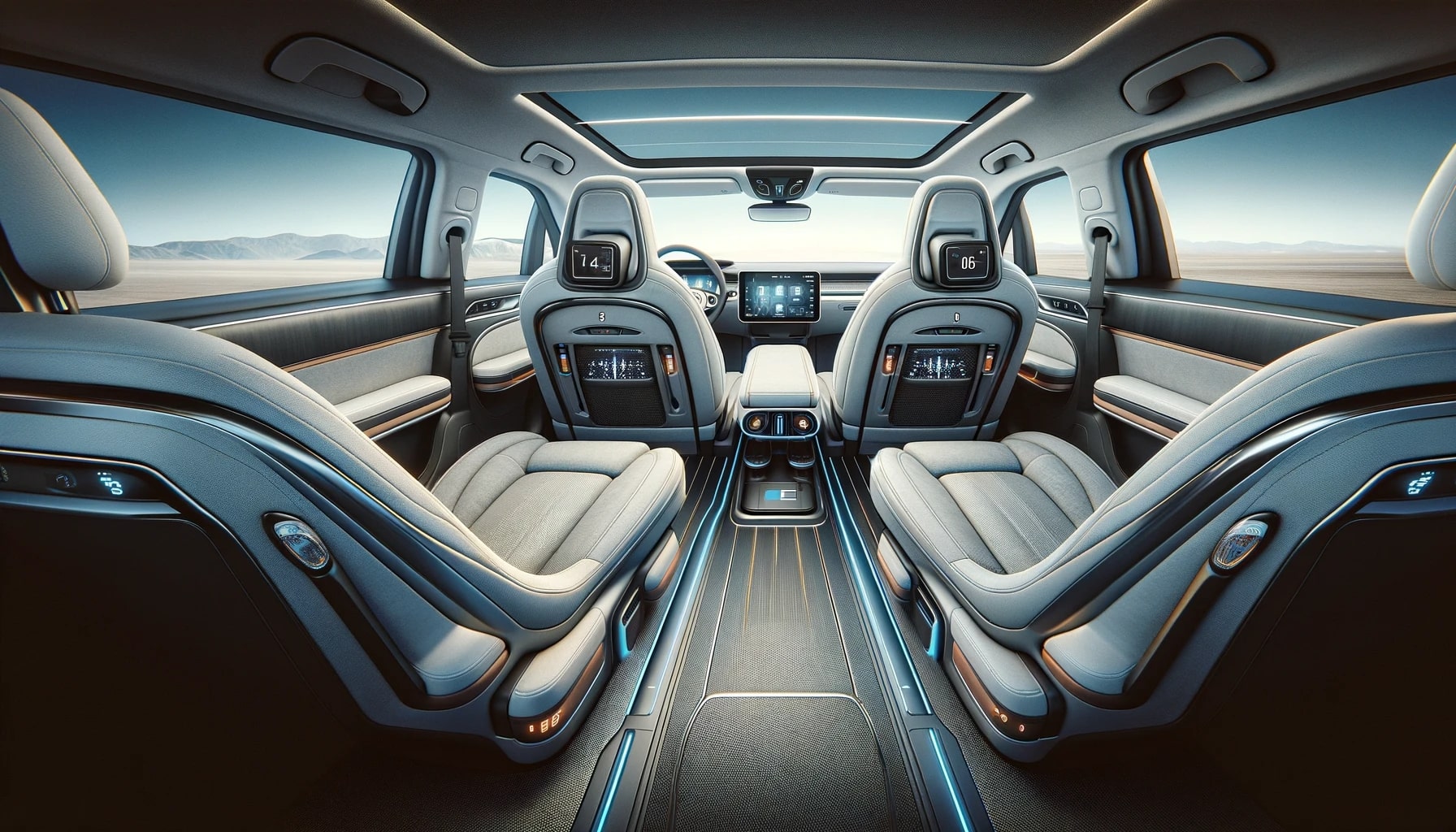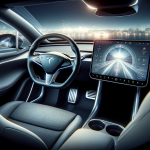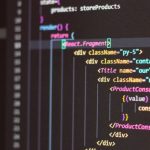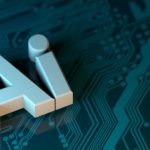In a recent discussion, tech magnate Elon Musk offered bold predictions about the future capabilities of artificial intelligence. His forecast included the emergence of AI smarter than the smartest human within a year and belief that AI would surpass the collective cognitive power of humanity within half a decade. Alongside AI advancements, Musk spoke of the inducement to develop regulatory bodies to oversee this rapid development, albeit he acknowledged the current pace of AI expansion may outstrip any regulatory efforts. Musk’s comments, while bearing the weight of his entrepreneurial success, invite a cautious approach due to his history of ambitious timelines.
Elon Musk’s track record in discussing AI has consistently involved both enthusiasm for its potential and caution about its risks. He has previously labeled AI as a “civilizational risk” and advocated for ethical programming practices. Additionally, his AI venture, xAI, has been established as a competitor to OpenAI, with Grok, its flagship product, and a subsequent open-source release of its model weights, reflecting his commitment to transparency and accessibility in AI development.
AI Capabilities and Growth Trajectory
Musk’s projection places AI’s cognitive abilities on a steep upward curve, potentially overtaking the smartest human intellect soon. This milestone could pave the way for an era where the aggregate AI compute power could exceed that of all human brains combined. Such a transformative leap in AI’s computational prowess opens up an array of possibilities and challenges across multiple sectors.
Regulatory Concerns and Ethical Programming
Musk raised concerns about the need for regulatory entities to monitor AI’s growth, suggesting that it’s progressing too rapidly for effective oversight. Highlighting the dangers of programming AI with political correctness, Musk pointed to instances where such practices could lead to unforeseen consequences, emphasizing the importance of truthfulness in AI systems.
History of Musk’s AI Involvement
Musk’s involvement with AI has a storied history, from calling out its potential risks to actively participating in its development through xAI. His lawsuit against OpenAI hinted at a divergence in vision for AI’s future, while his move to make Grok’s model weights publicly accessible underscores his advocacy for open AI ecosystems.
In the broader context of AI discussions, Musk’s opinions find echoes and contrasts. An article from Engadget titled “AI can now generate convincing fake reports” explores the implications of AI systems that can mimic human-written reports, raising questions about authenticity and trust in digital content. Another piece from The Verge, “Researchers warn against the unseen biases in AI algorithms,” delves into the concerns about ingrained biases in AI, aligning with Musk’s caution regarding the programming of these systems.
Useful Information for the Reader
- AI could surpass human intelligence within the next year.
- Regulations may struggle to keep pace with AI’s rapid advancement.
- Truthfulness in AI programming is critical to prevent harmful outcomes.
Collectively, Musk’s assertions and the ongoing discourse surrounding AI highlight the pressing need for a balanced approach to AI development. Ensuring that AI systems are programmed with an emphasis on truth and ethical considerations is pivotal to mitigate risks. Regulatory frameworks will need to evolve swiftly to match AI’s growth trajectory, ensuring technology serves the betterment of society without compromising safety or ethical standards. The tension between innovation and oversight continues to define the landscape of AI evolution.










